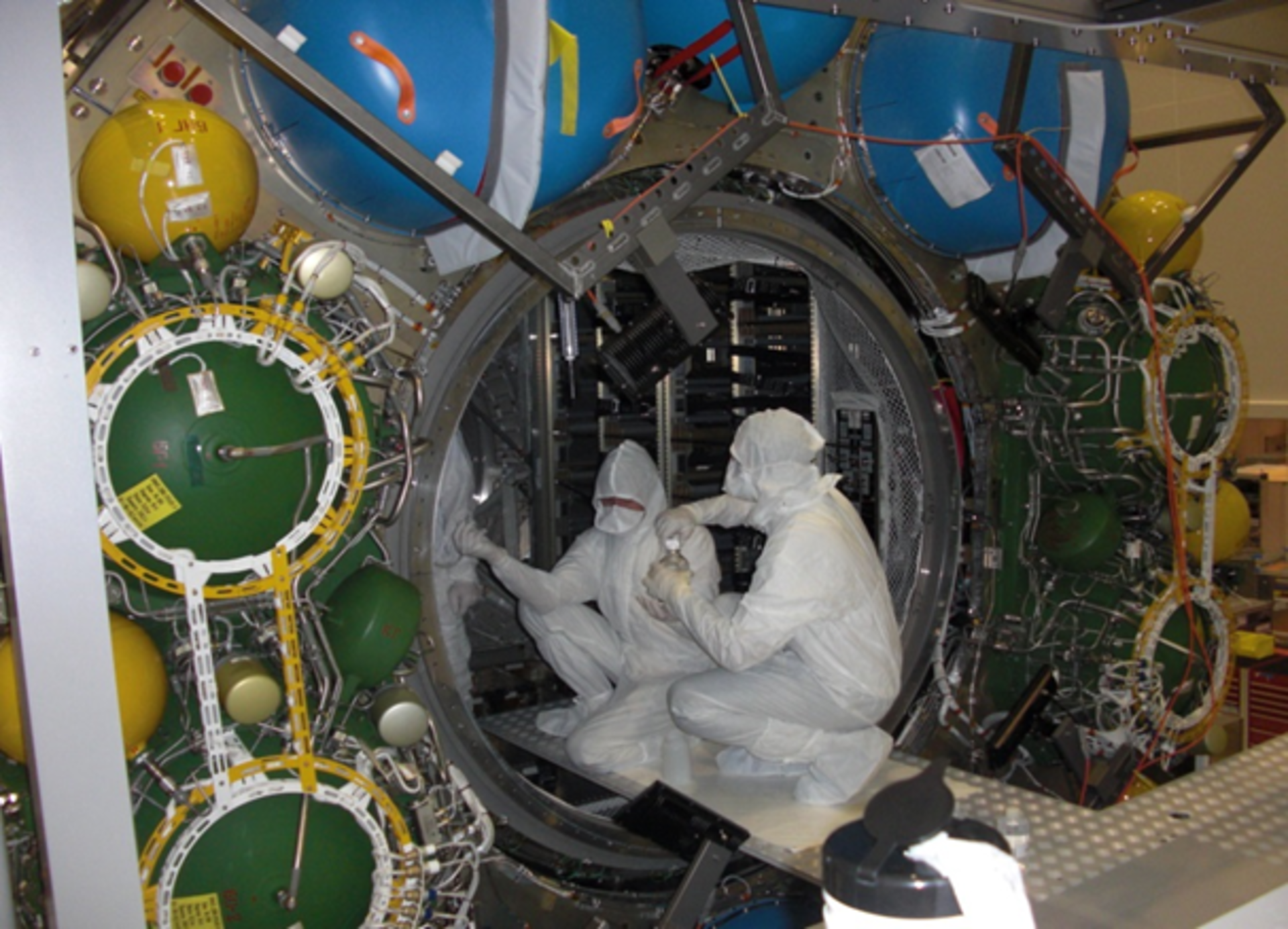Support to ESA programmes
TDE: Technology Development Element
The TDE funds low TRL technology activities (TRL 1-3) which lay the basis for future development. If a technology activity is considered promising and in line with project needs, it will be developed further in other technology programmes, such as GSTP. Examples of technologies being developed under this programme are for instance antimicrobial surface treatments, characterisation of precision cleaning technologies for exploration, development of diagnostics for microgravityt payloads, such as a compact 3D light sheet microscope for the investigation on living organisms, light scattering diagnostics in colloids
More information:
TDE overview
GSTP: General Suppport Technology Program
ESA's General Support Technology Programme (GSTP) funds technology developments for TRL 3-6, but enables as well in orbit demonstration of key technologies. Some examples in the area of instrumentation and life support are the Development of a compact Point of Care Diagnostic device. the development fo a MEMS based Gas Chromatograph or the further characterisation of MELiSSA loop compartments and the support of ground demonstration of teh MELiSSA technology in a pilot plant
More information:
Overview GSTP
MREP: Mars Robotic Exploration Program
The Mars Robotic Exploration Preparation (MREP) is an Optional Programme being implemented in ESA's Directorate of Science and Robotic Exploration and intended to prepare Europe's future contribution to the international exploration of Mars.
More information:
Overview MREP
ELIPS
Now ELIPS Period 3 will further strengthen Europe's very strong position in research, building on the capabilities already in place on the ISS, principally utilising the European Columbus laboratory as well as other ISS and additional research platforms (ground-based, drop towers, parabolic flights and sounding rockets).
The International Space Station (ISS) is a shining example of international cooperation, and a unique technological accomplishment which Europe, through ESA, is proud to be a prominent part of.
More information:
Overview ELIPS
ARTES
ESA's Advanced Research in Telecommunications Systems (ARTES) programme transforms research and development activities into operational, profitable and self-sustaining products and services. The success of ARTES is the result of consolidating public-private partnerships between the decision-makers from space industry, service providers, organisations and user communities within participating Member States.
The ARTES Applications programmes are dedicated to funding and promoting the development of space-based applications, services and solutions for the needs of European citizens and society at large.
More information:
Overview ARTES
ExoMars
Our section supports the project with respect to the payload development and qualification for the ExoMars 2020 mission, namely for the analytical instruments inside the Rover. In addition, services are provided to external customers/payload developers for the cleaning and sterilisation of flight hardwrae in order to comply with planetary protection requirements.
GSP
The General Studies Programme (GSP) interfaces in different ways with all of ESA's programmes, but its main role is to act as a "think tank", laying the groundwork for the agency's future activities.
The objectives of the general studies programme are:
- Contribute to the formulation of the overall ESA strategy;
- Study the feasibility of new mission concepts ready for selection;
- Prepare/demonstrate the case for approval and funding of new optional projects/programmes;
- Support the evolution of ESA by analysing and testing new working methodologies.
More information:
Overview GSP


